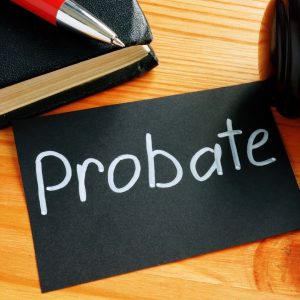The purpose of a special needs trust, sometimes abbreviated as an SMT, is to allow an individual who is disabled to still be eligible to pursue and recover various types of public assistance benefits — even if their assets would make them unable to obtain these benefits under usual circumstances. The State of California recognizes two different types of special needs trusts, depending on the disabled individual’s circumstances, which include first-party and third-party special needs trusts.
A knowledgeable California estates and trusts lawyer can answer all your legal questions and address your concerns about which type of special needs trust may be right for your unique situation. Your lawyer can help you decide on the best option for your circumstances and could assist you with setting up the appropriate trust.
What is a First-Party Special Needs Trust?
A first-party special needs trust receives its funding from assets that the trust beneficiary is legally entitled to. These may include assets that the person recovers from a personal injury settlement or from an award – or with assets that the trust beneficiary owns personally. A first-party trust needs to include all the various state and federal provisions that require both payback and notification to the State of California in the event the trust beneficiary passes away, or the trust terminates under certain circumstances.
These first-party special needs trusts have two sub-classifications. First, a disabled individual who is under 65 years of age could establish a (d)(4)(A) trust. On the other hand, an individual of any age who suffers from a disability could set up a pooled trust. A nonprofit association is responsible for managing and establishing this trust. Although each beneficiary will have a separate account, for investment purposes, the entity which establishes the trust will pull together all of the funds.
Third-Party Special Needs Trusts
In a third-party special needs trust, the funds come from assets that belong to some individual besides the beneficiary of the trust. Moreover, the trust beneficiary does not have a legal interest in or possession of these trust assets. The California Department of Health Care Services (DHCS) cannot recover third-party trust assets.
At the time of establishment, a trustee has to submit the necessary notification to DHCS a minimum of 15 days before a hearing occurs.
Setting up a trust can be extremely helpful when it comes to safeguarding assets for an individual who suffers from a disability. However, deciding on the type of trust and establishing the trust while meeting all legal requirements can be extremely difficult without the help of a knowledgeable attorney.
An experienced estates and trusts attorney in the State of California can explore all your legal options as far as setting up the proper special needs trust for a disabled individual. They can provide advice on which type of trust is right for your specific situation. Your lawyer can then assist you throughout the process and address all the legal questions and concerns that you might have.




